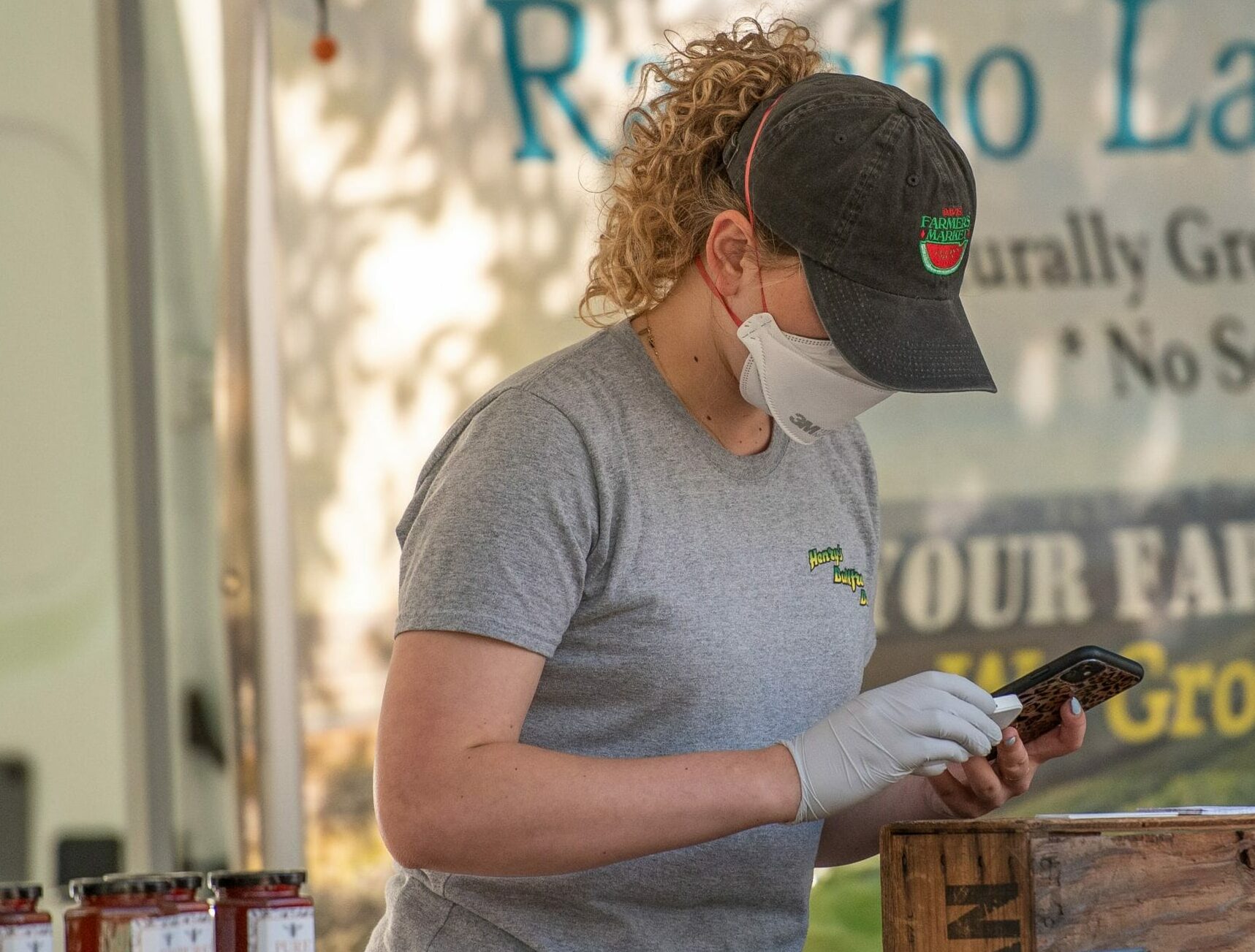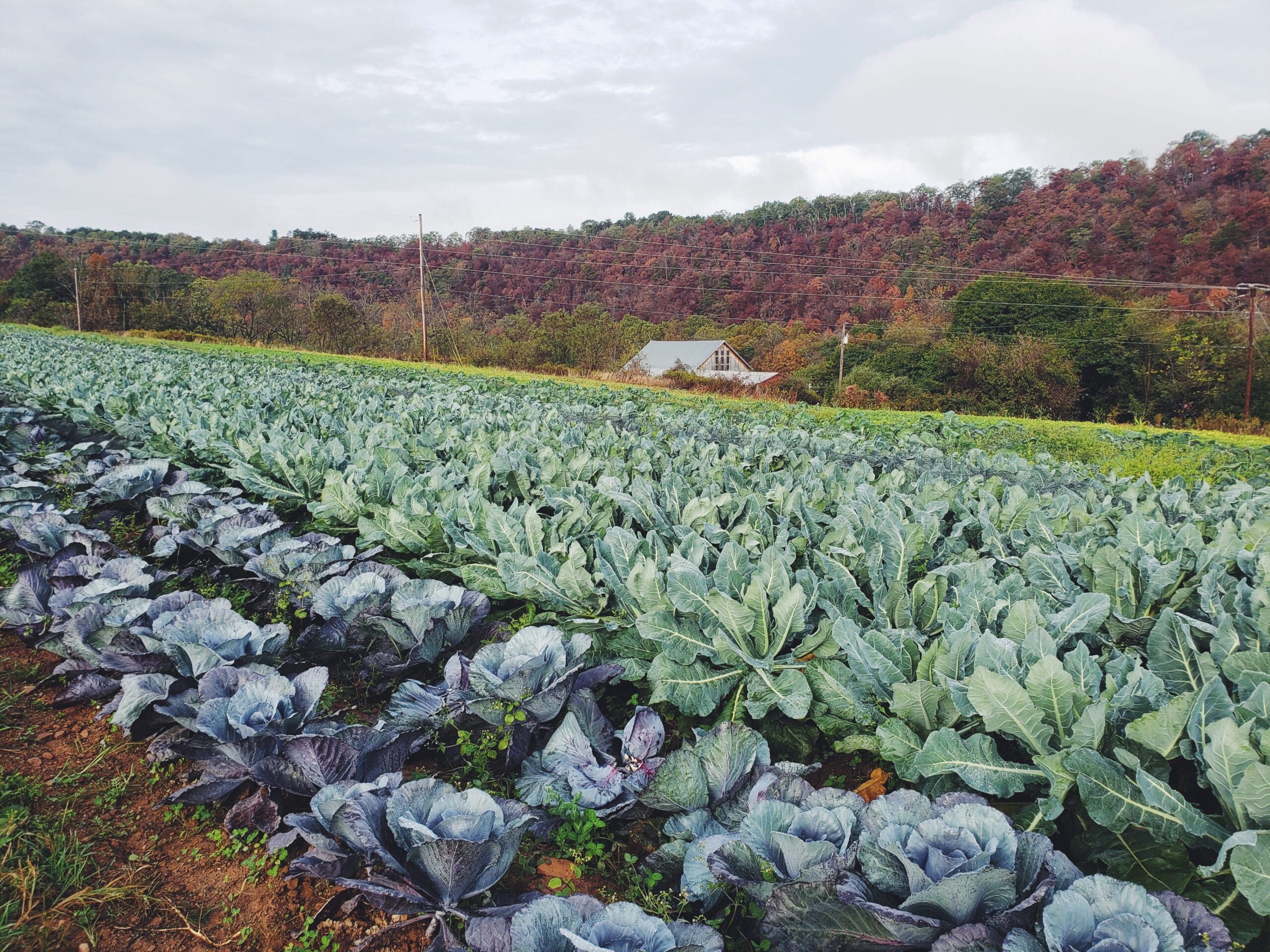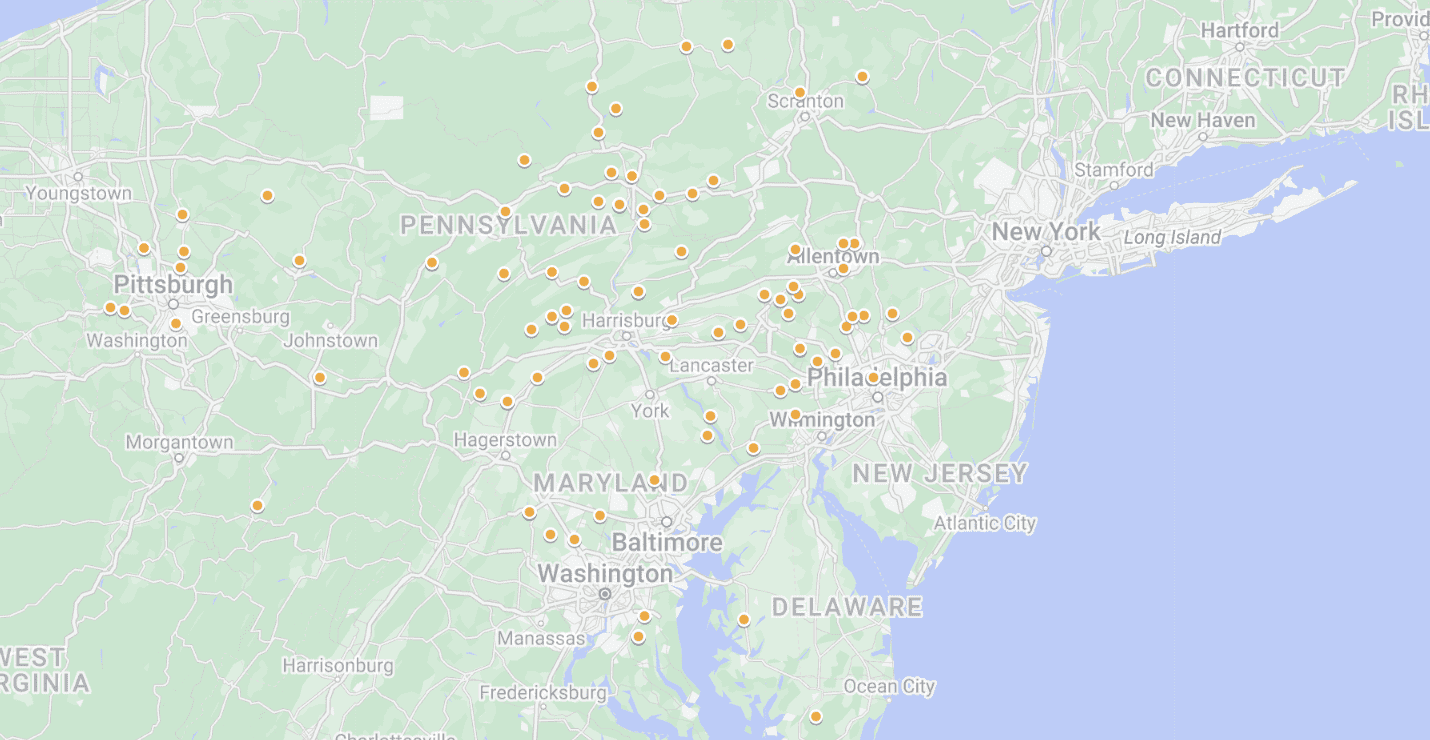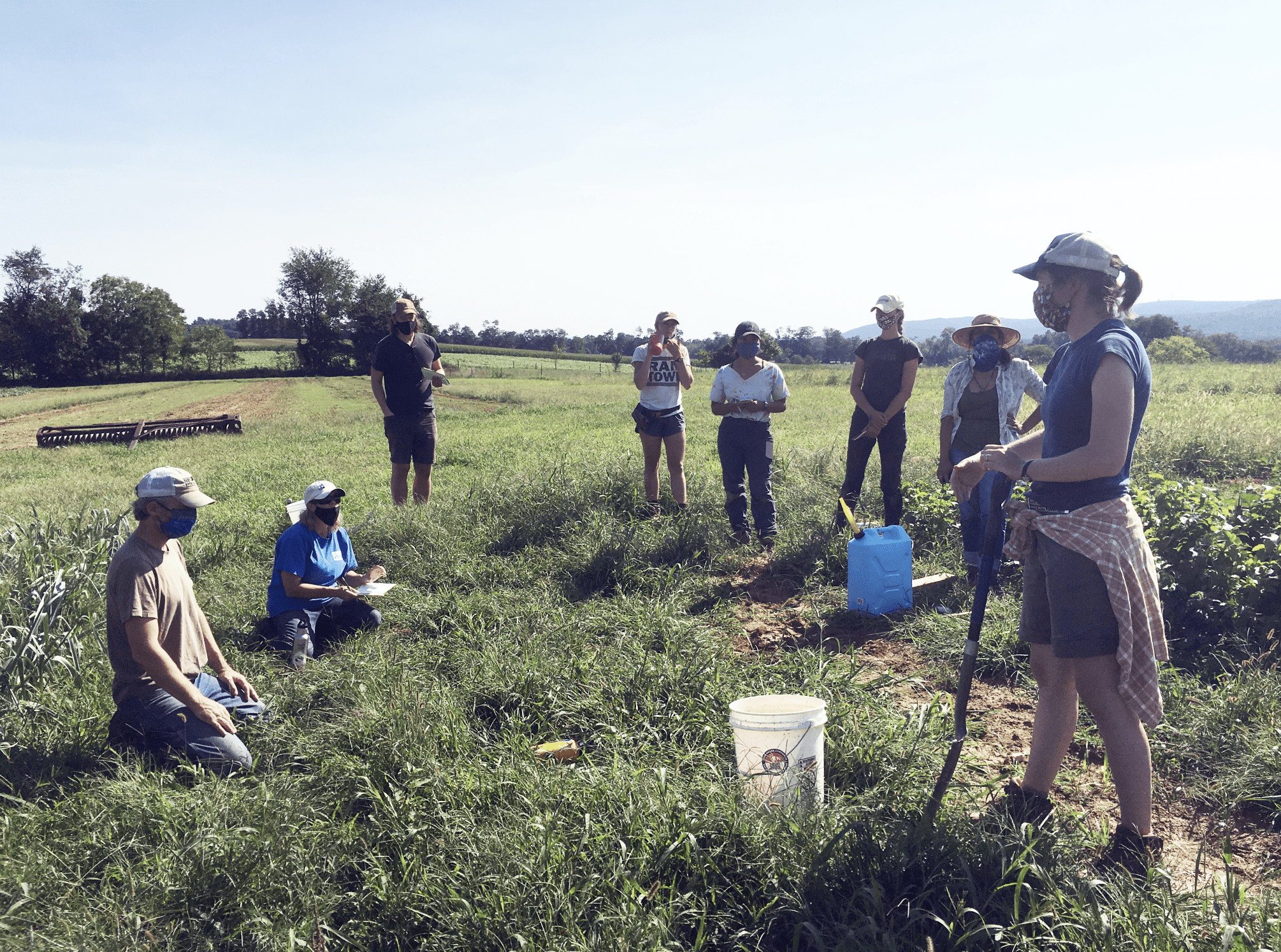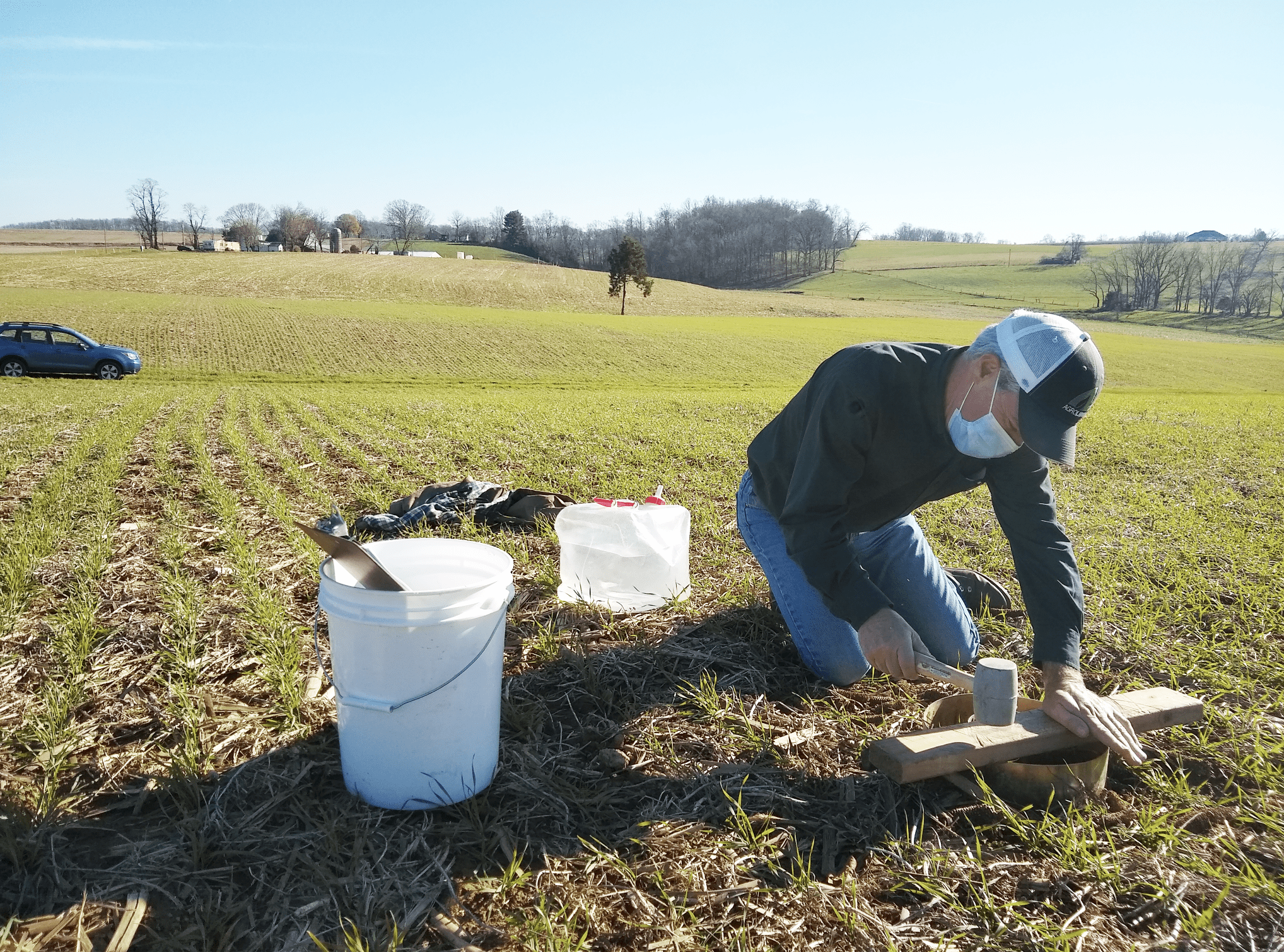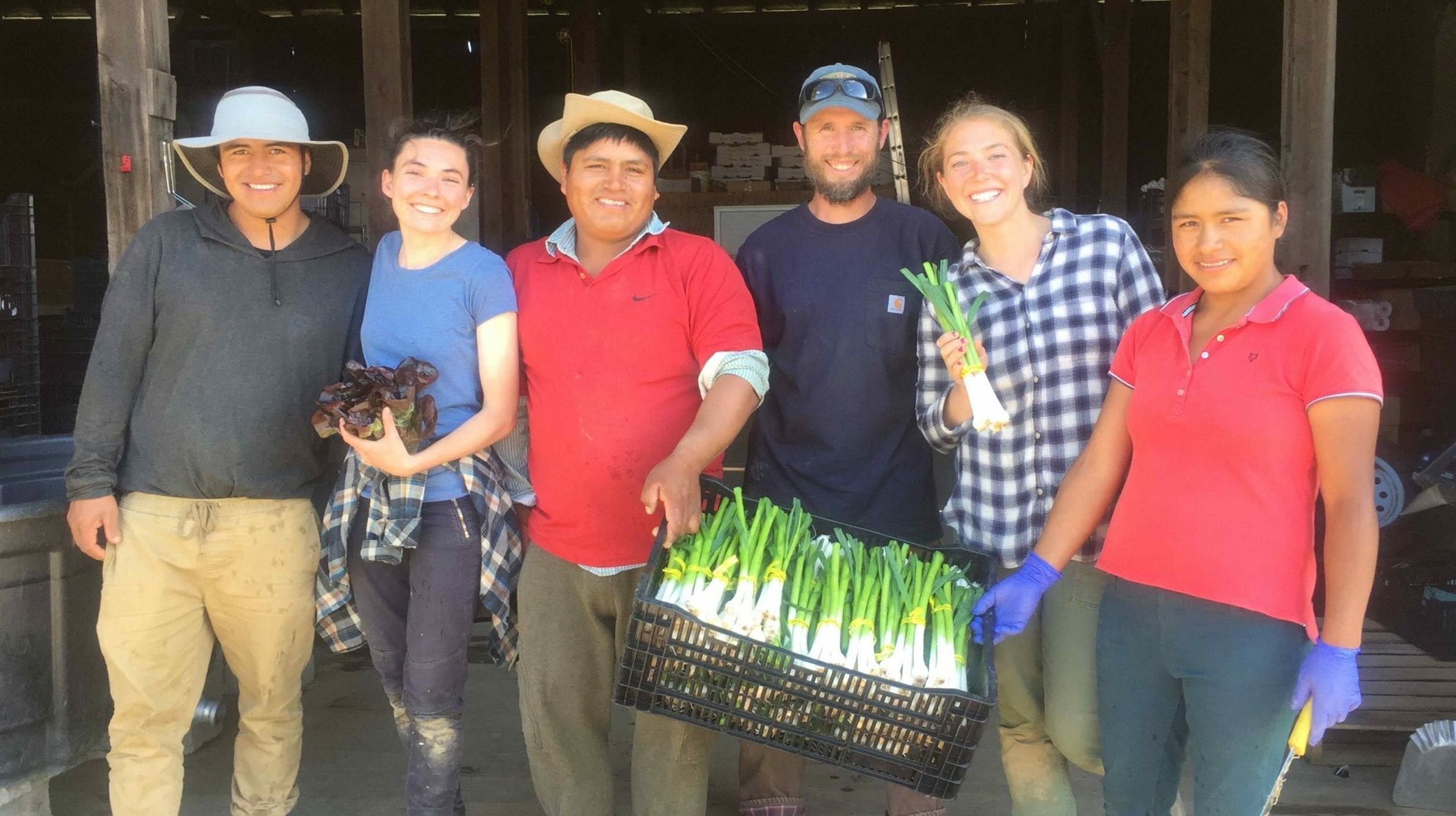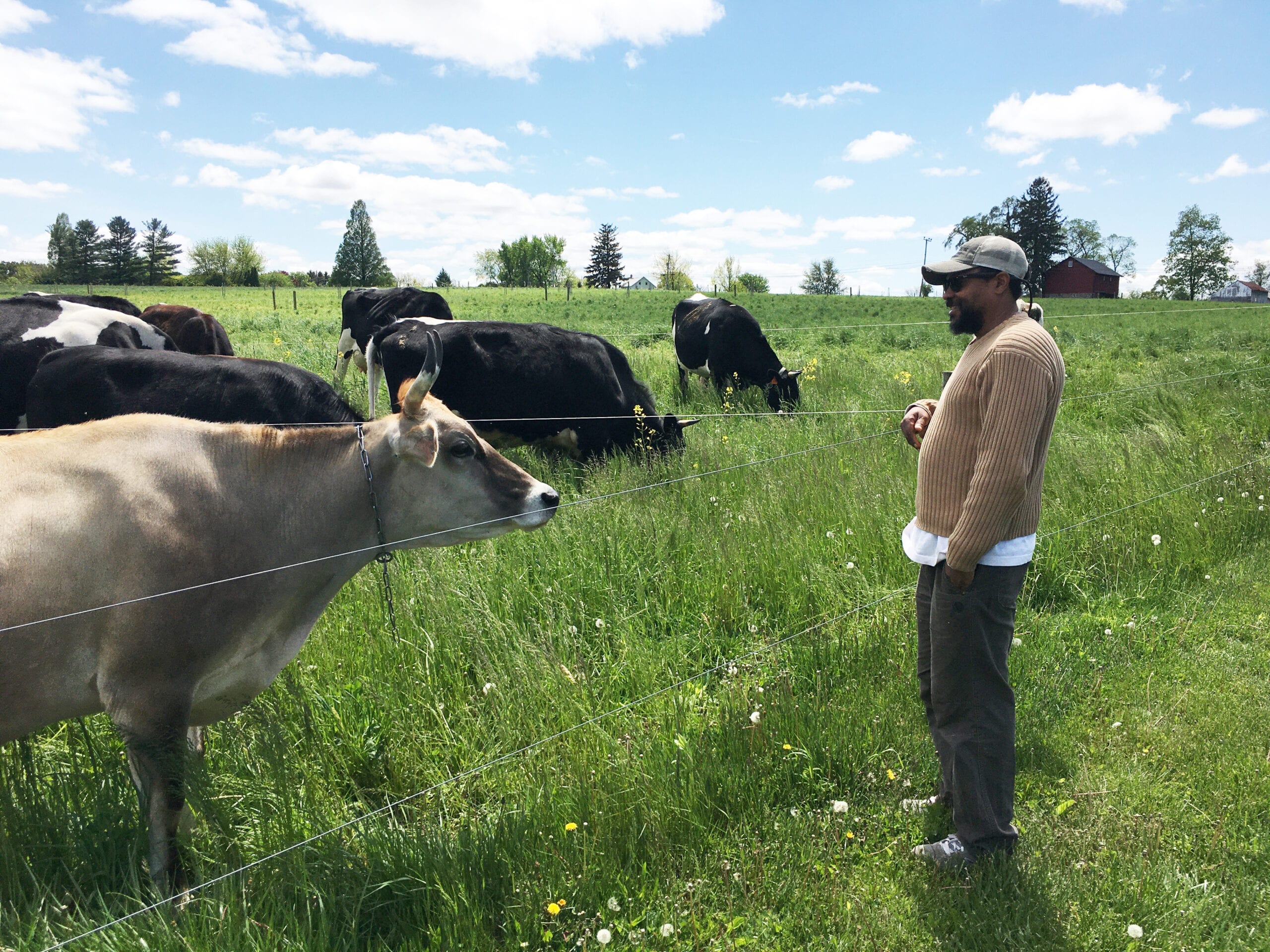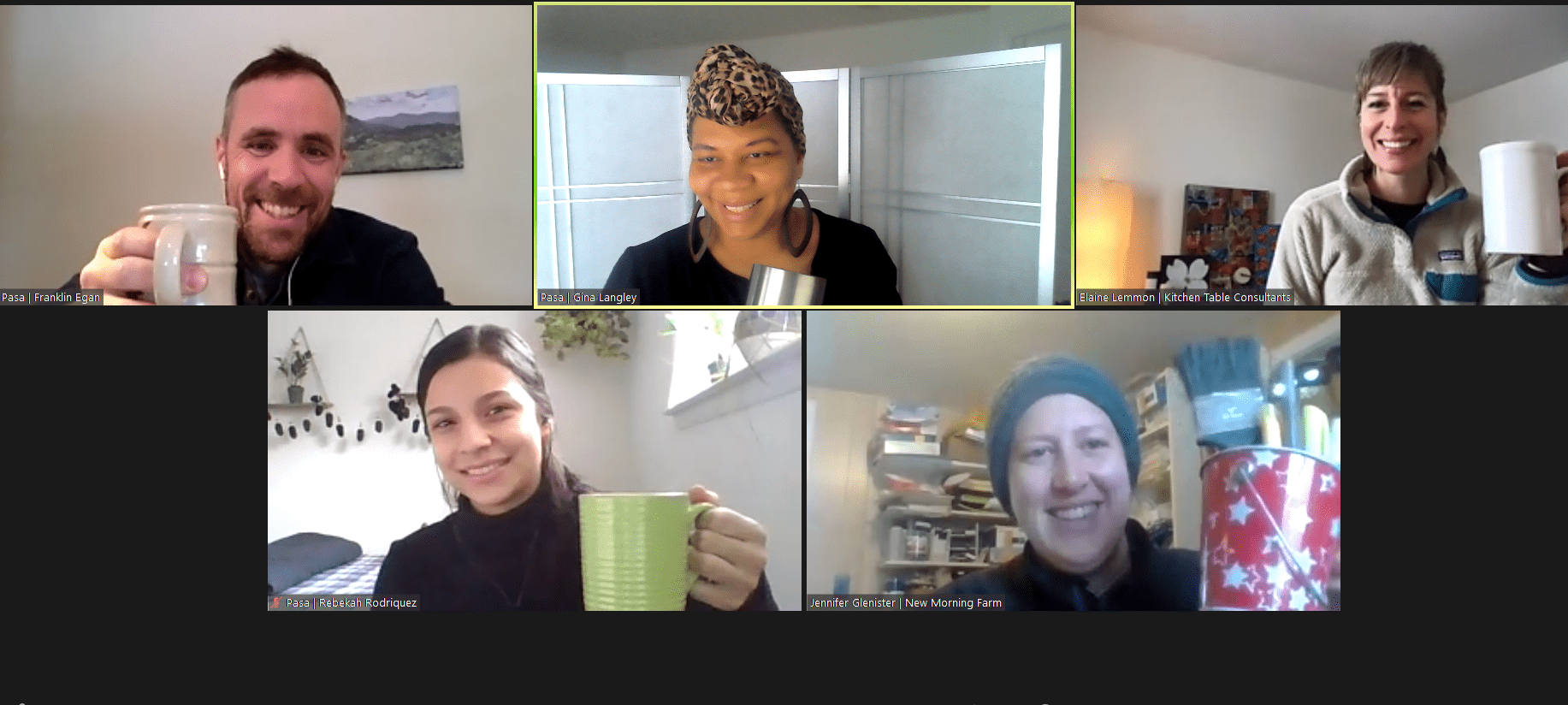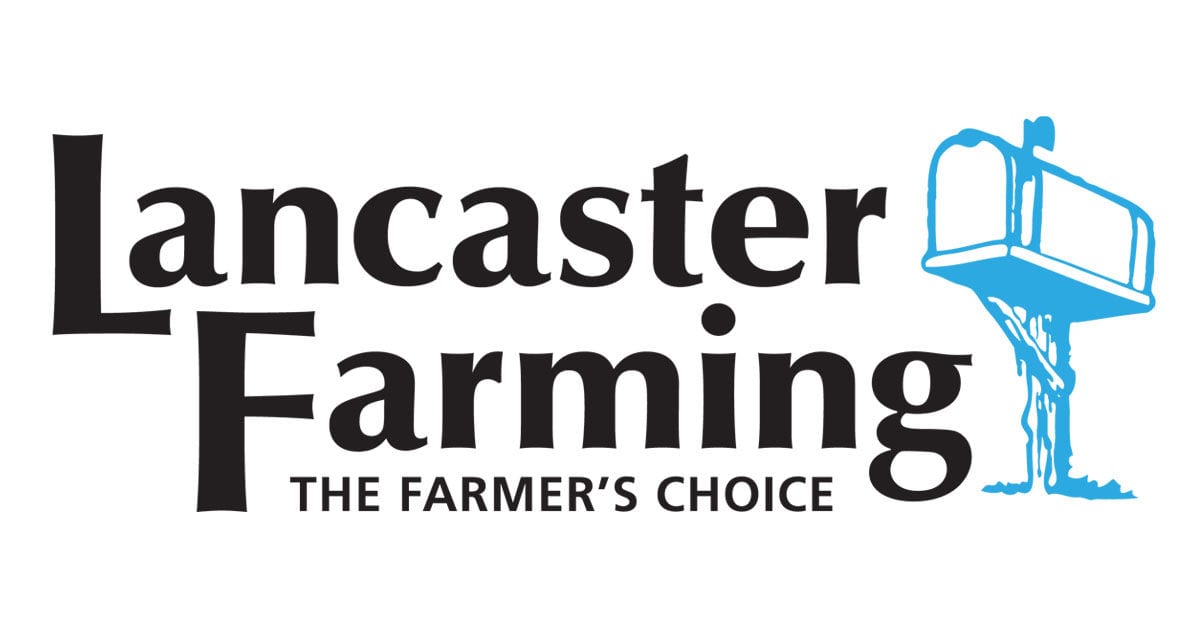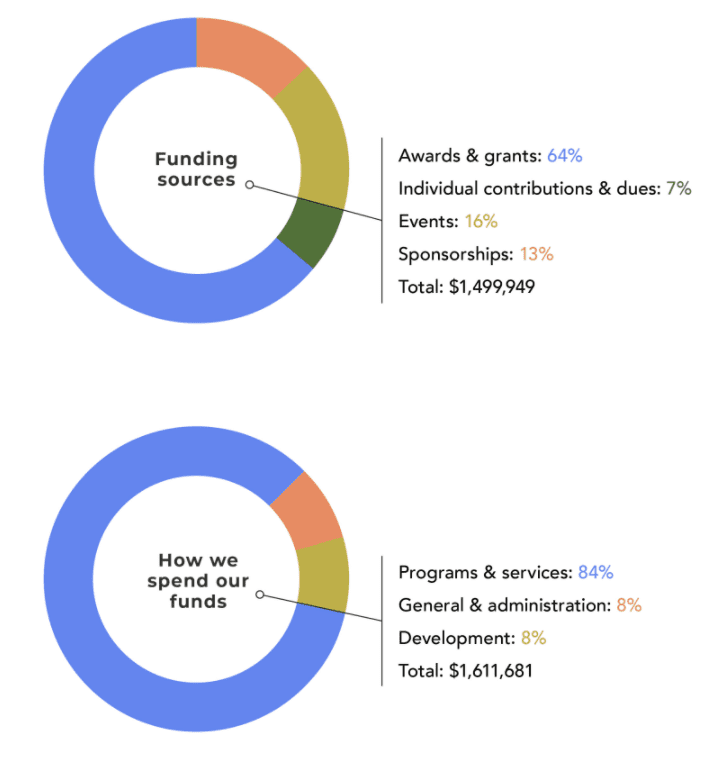In February 1992, a group of Pennsylvania farmers decided to host a conference devoted to advancing the art and science of sustainable agriculture. At the time, it was difficult to find reliable education and resources for farmers who wanted to steward their land in harmony with natural ecosystems and who wanted to sell their products locally to support the health and vibrancy of their local communities.
These farmers also sought a peer community they could rely on as they worked to navigate the myriad aspects of operating a financially viable farm business. The conference became a treasured annual event, ultimately evolving into what Pasa Sustainable Agriculture is today. We are just as much an organization administering farmer training, research, policy, peer education, and local food programs as we are a network of tens of thousands of farmers, food system professionals, and changemakers committed to advancing regenerative and equitable agriculture at home in our own communities.
Not only do we remain committed to the mission of our organization’s founding farmers, we believe our mission has only become increasingly urgent. Supporters like you have sustained our work for three decades, and your support sustained us through this unprecedented public health crisis. Thank you. We couldn’t do it without you.
